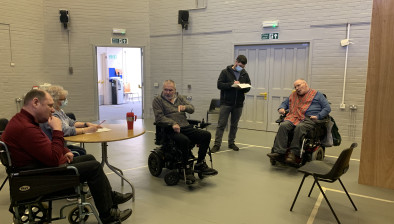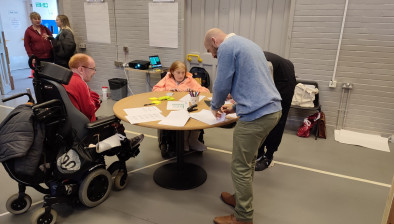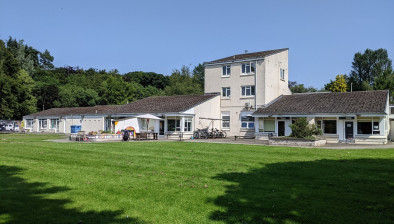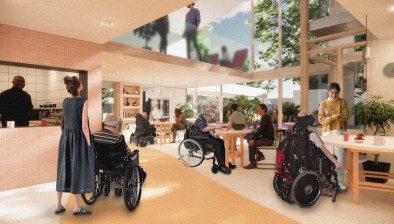Capability Scotland engages with co-production process to create £25m Perth development
Lifesize mock-up apartment
Plans to create a flagship community for individuals with additional and complex needs has benefited from record feedback from disabled people who use the services, as well as families, staff and the wider community inspired by visits to a life size apartment mock-up.
Capability Scotland, the charity behind the proposed £25 million facility at Bertha Park in Perth is engaging in one of the country’s largest ever co-production processes – a practice that sees services and designs tested and heavily shaped by the feedback of those most impacted.
It has built a full size model of a future apartment within the theatre of its existing Upper Springland site where it cares for 59 adults with a severe and complex disabilities and which it plans to develop an exemplar new facility in Bertha Park.
Since February, more than 600 items of feedback have been contributed, with respondents including disabled people who use their services, families and carers, staff and guests including leading figures from both health and Perth and Kinross Council healthcare profession.
Jennifer Dalrymple, co-production lead with Capability Scotland, said: “The mock up has been a huge success. Traditionally, developments of this scale and ambition would have been presented to staff and residents as a finished product.
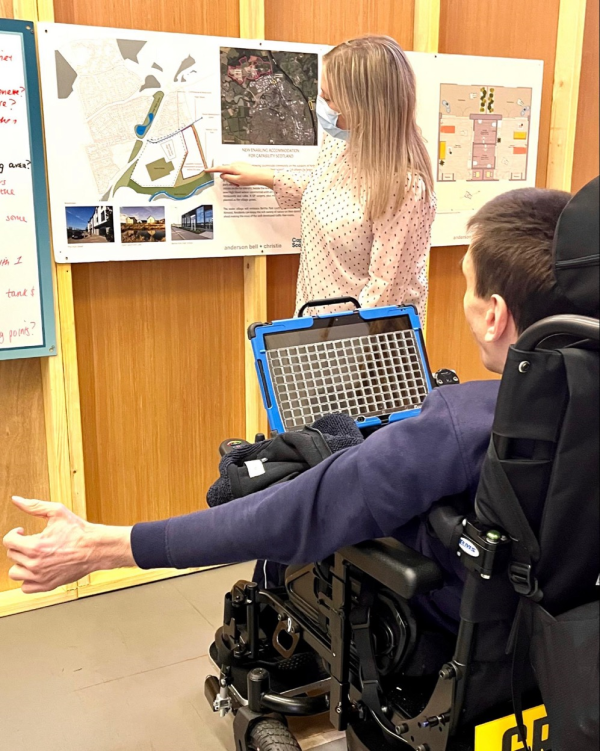
Jennifer Dalrymple
“We want to build the UK’s best enabling and inclusive accommodation for people with severe and complex needs, at the heart of the Bertha Park village community. By engaging so intensively in co-production we hope to understand how even the smallest detail can impact the experience of residents and staff. Enabling them to physically experience an example of their new apartment provides us with incredible insight.
“Done right, this means we get the design as close to perfect at the first time of asking rather than frustrating flaws emerging from the outset – and we can achieve our lofty ambitions.”
As part of Ms Dalrymple’s role, she has meticulously collated all feedback by subject, which will allow designers to understand how the smallest details can have a big impact. Common items addressed include wheelchair storage and access, bathroom space, layout and the types of doors used.
She added: “The next stage of partnership working will include a number of focus groups to discuss a range of topics including how technology can empower people, outdoor space, service delivery, catering, and transport to determine what people want life at Bertha Park to be like.
“This will be a vital piece of work to capture the knowledge and experience of everyone which will strengthen the project hugely.”
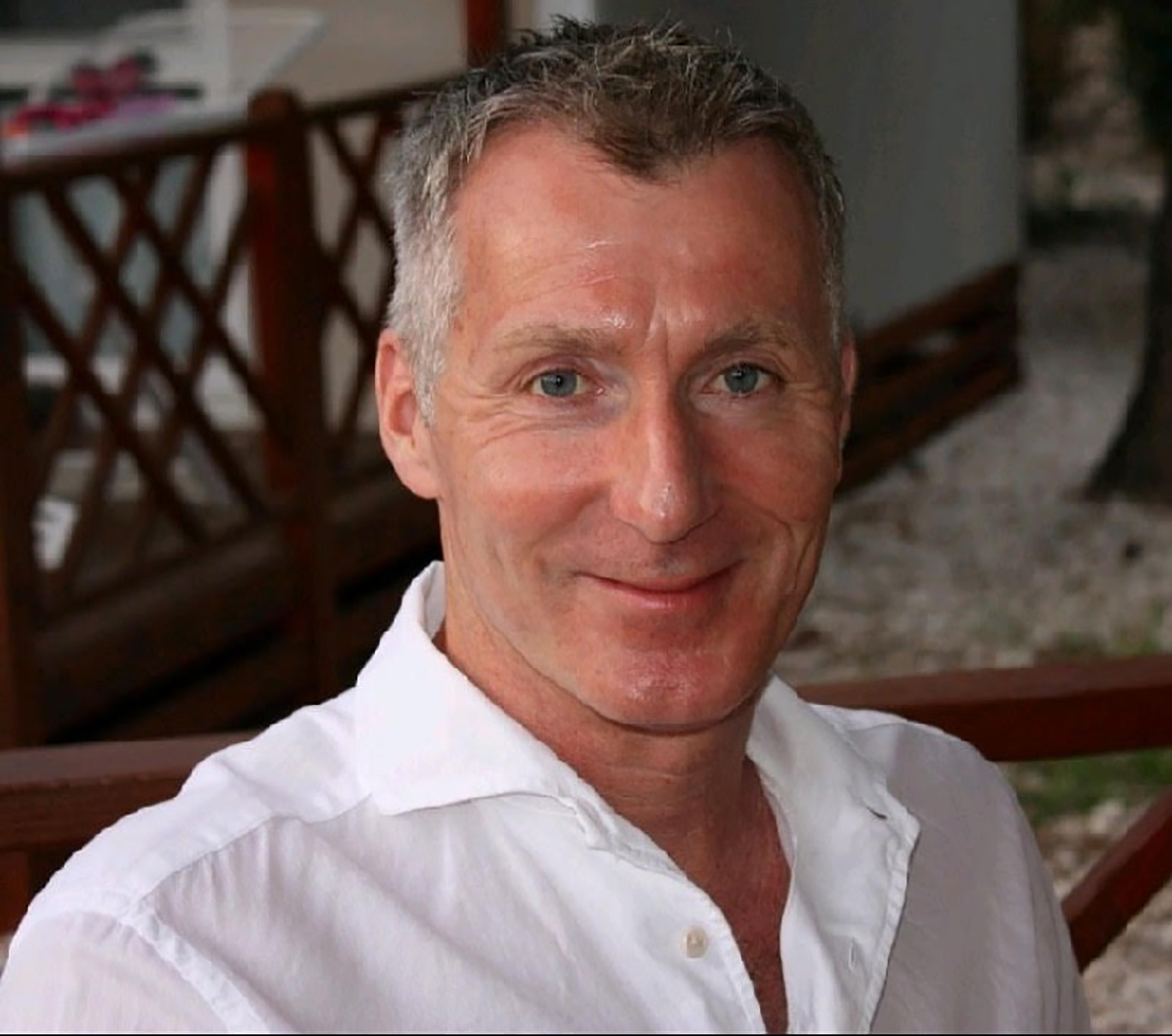
Stephen Oswald
Senior staff from Capability Scotland’s Project Board have been visiting other services that have gone through a similar process and it has already highlighted more opportunities which will be explored for the new site.
Stephen Oswald, Capability Scotland’s project lead, added: “We’re starting with a blank canvas so it’s an exciting process and one which we can ensure our key stakeholders voices are heard from the start. We would encourage anyone who hasn’t shared their feedback - and has a clear interest in the project - to get in touch.”
During the early stages of its Bertha Park project, Capability Scotland is also working in partnership with Bertha Park High School and local primary schools within the catchment area on a design challenge for the new campus which is being facilitated by MOBIE (Ministry of Building Innovation and Education).
The initiative will build strong relationships in the community while tapping into the younger generation’s design ideas for the new facility.
Capability Scotland’s Upper Springland site on Isla Road has four registered services and offers residential and respite care to 59 adults with physical and learning disabilities. There is also a day service, as well as a hydrotherapy pool, accessible gym, theatre, and walled gardens.
However, while the quality of care is outstanding, the site is now more than 40 years old and becoming more difficult to maintain. Climate change also means it faces an increasing flood risk from the River Tay – and the charity wants to create state of the art new flagship services.






